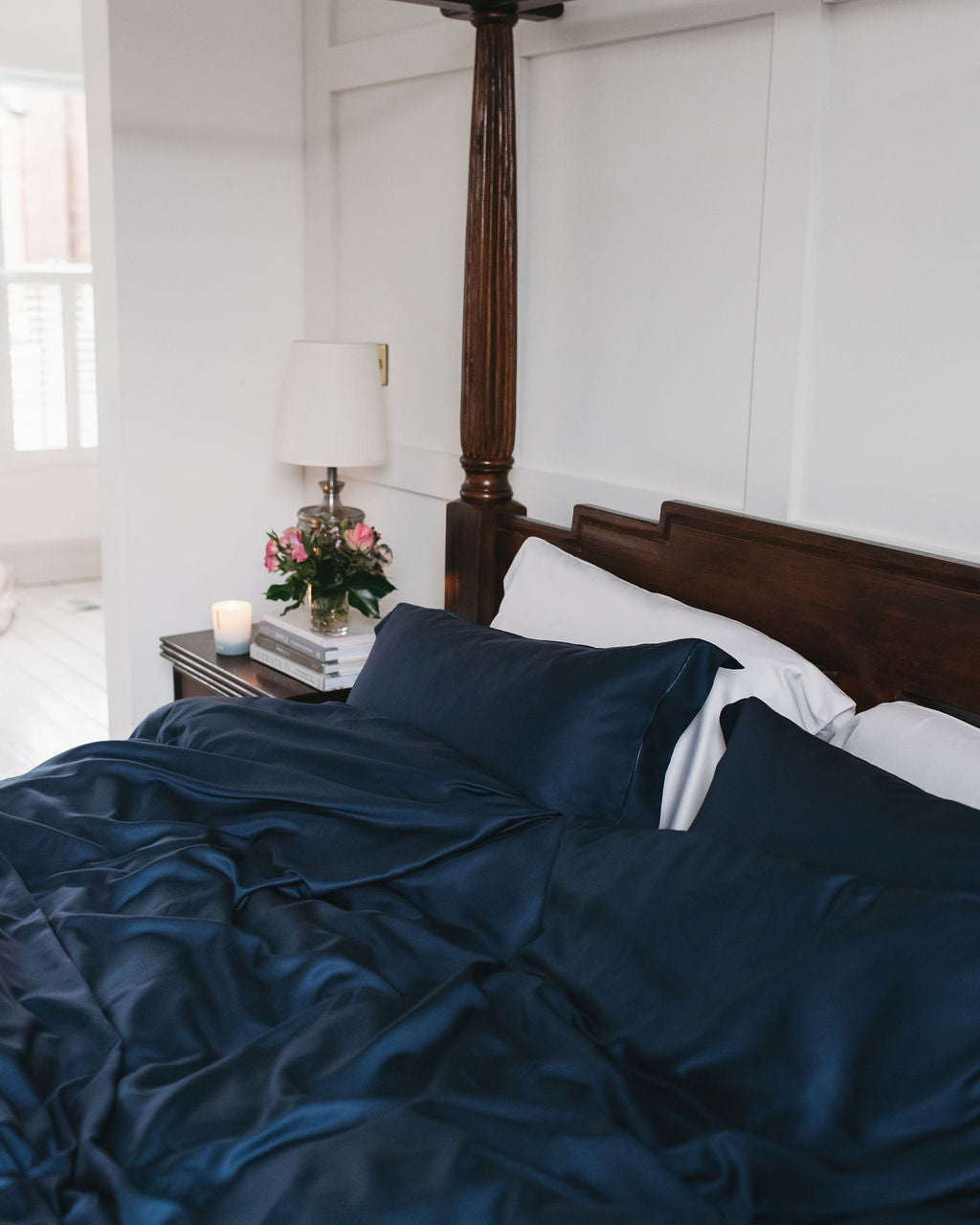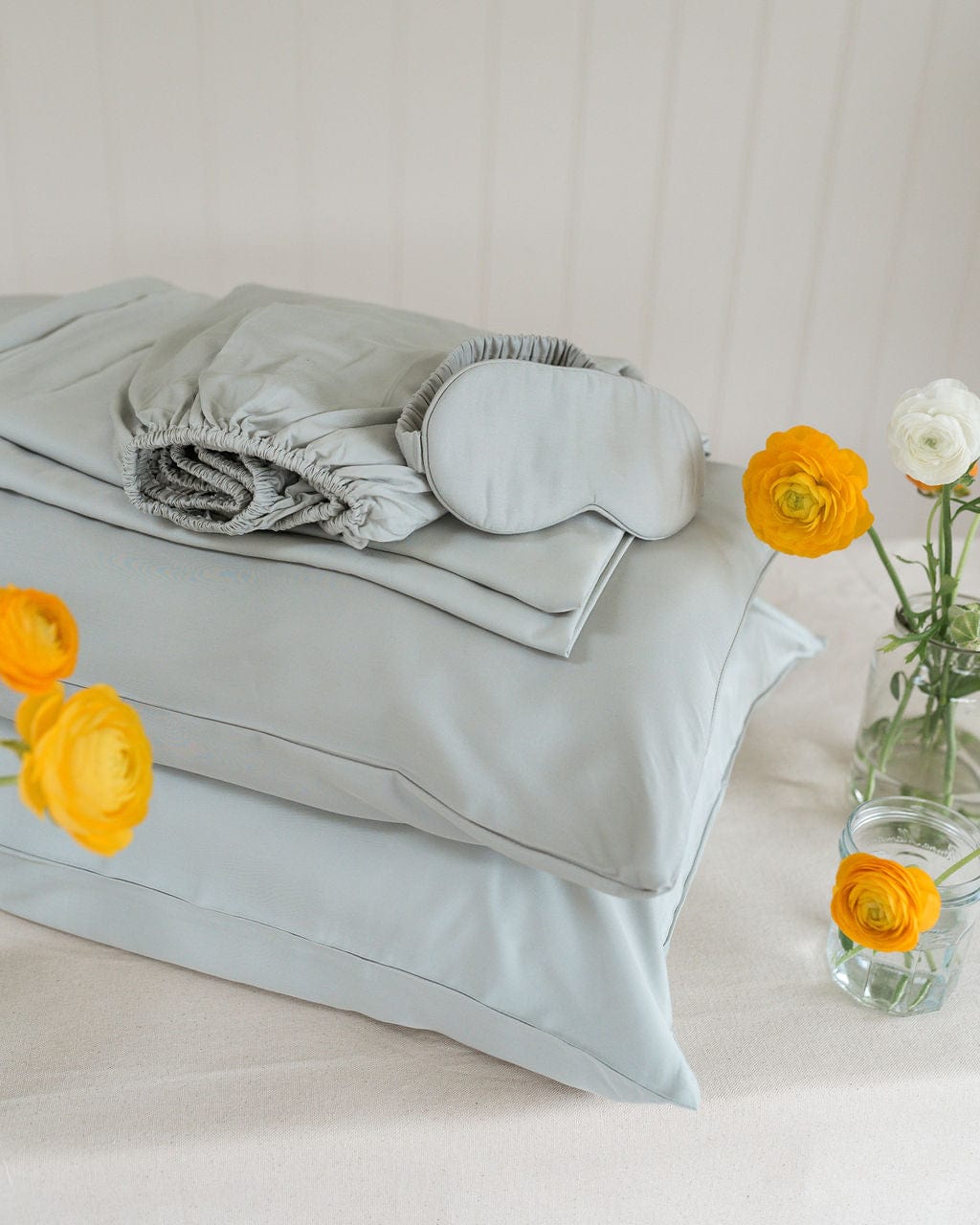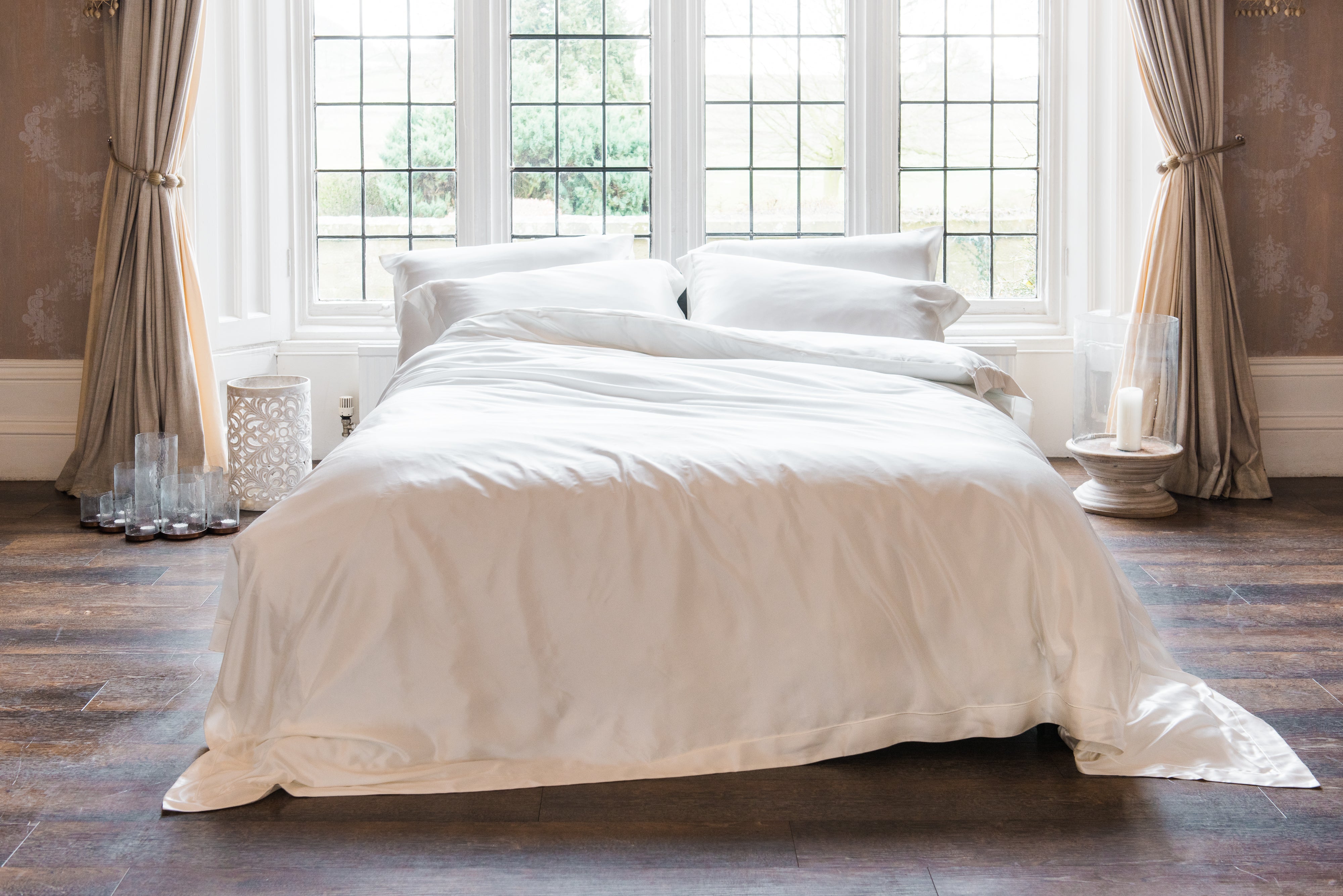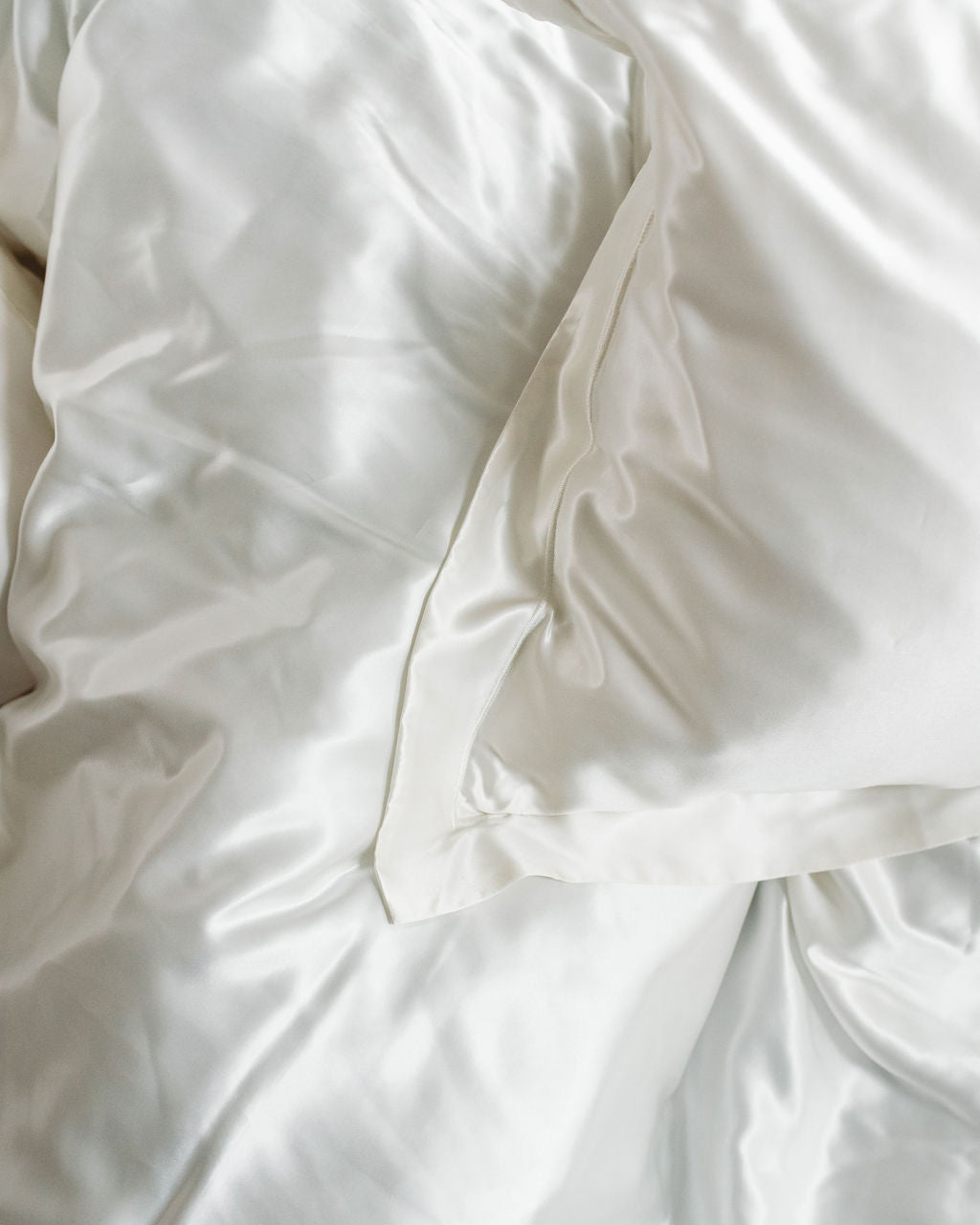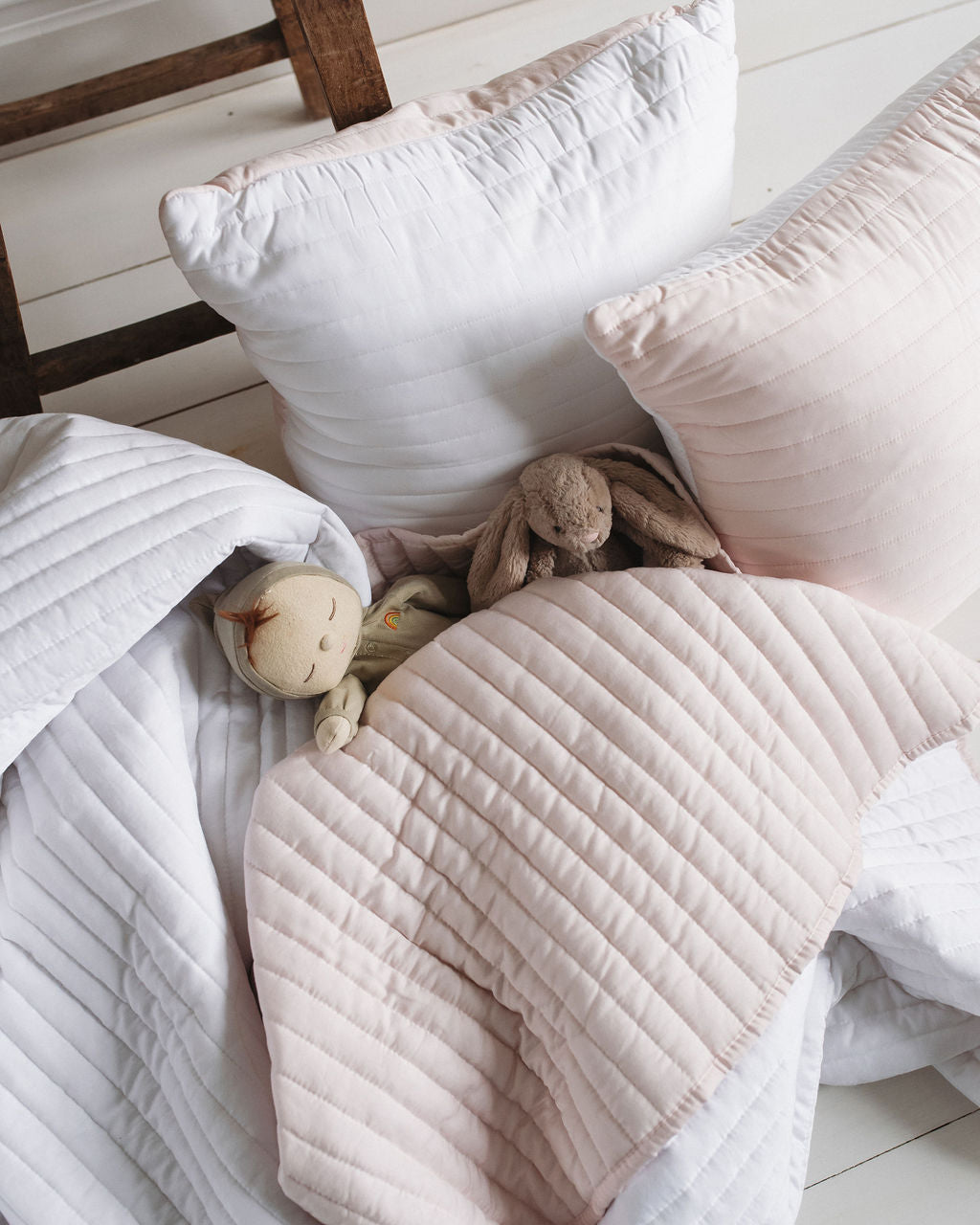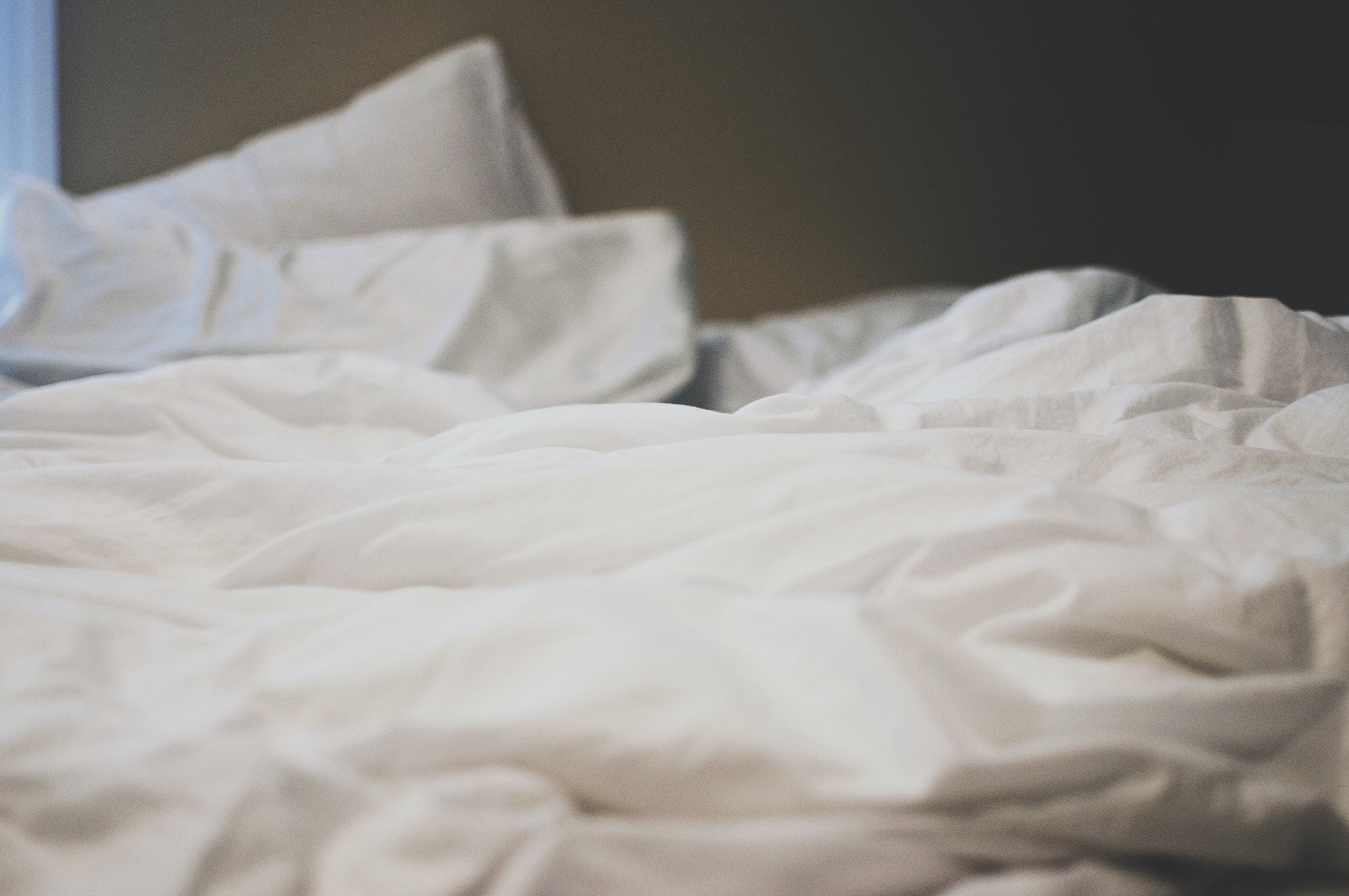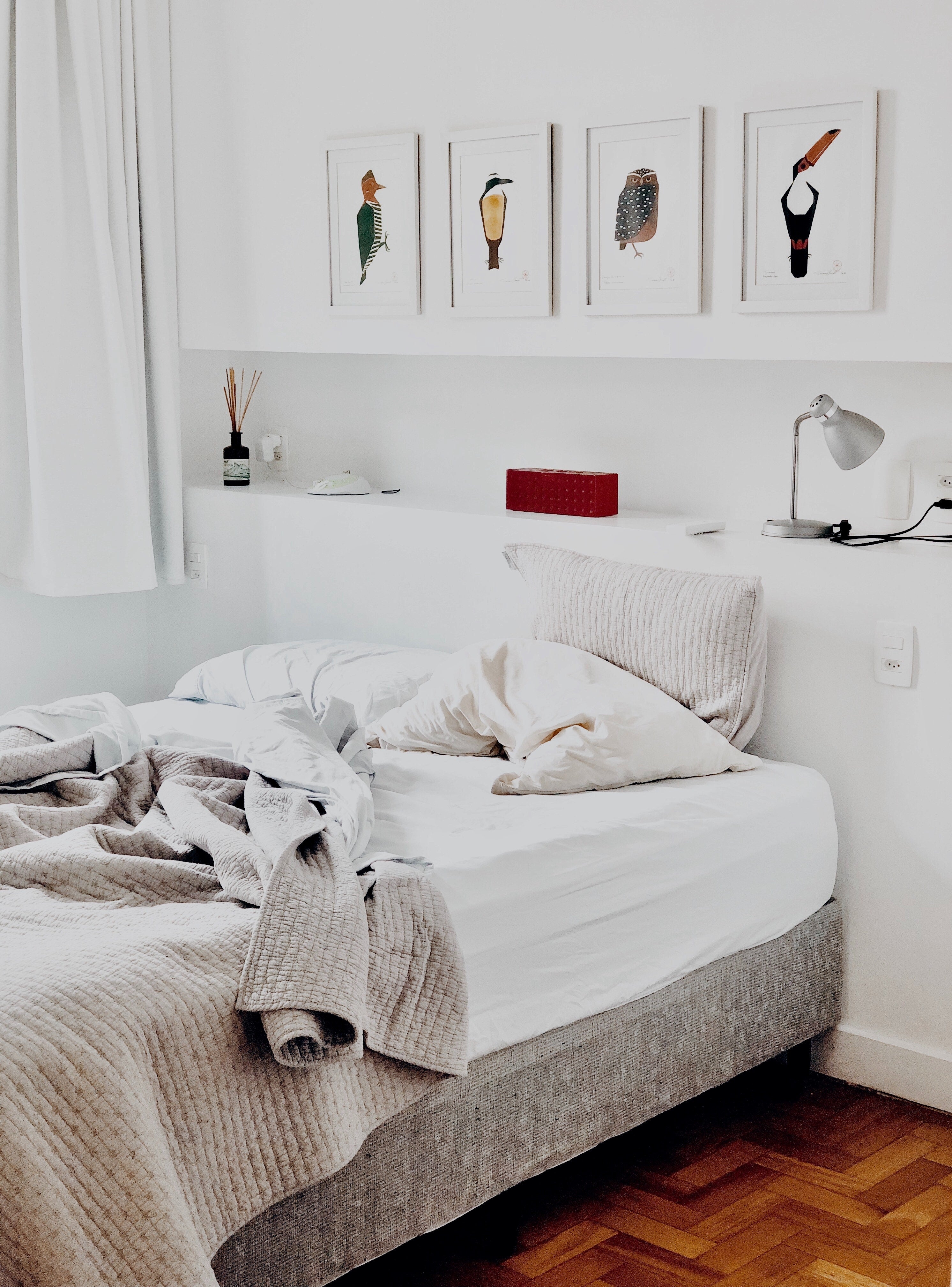
Bedding Advice for Allergy Sufferers
We spend a lot of time in our beds, so it’s hardly surprising that they can become really dirty places - even if you clean your bedding regularly!
It’s said that the average person sheds around 15 million skin cells every night. That, combined with common allergens such as dust mites, mould, bed bugs, and pollen, makes our beds the perfect location for bacteria, germs & other nasties to multiply.
While dirty sheets can cause problems for anyone, they can wreak havoc on allergy sufferers in particular. Rashes, asthma, irritated skin, breathing problems, difficulty sleeping, and more can come from allergens hiding in your bedding. So, here’s our bedding advice for allergy sufferers.
Choose hypoallergenic bedding
If something is hypoallergenic, it’s less likely to trigger allergies than its non-hypoallergenic counterparts. There are lots of different bedding materials that are hypoallergenic, including bamboo fabric, Lunesilk fabric, silk, organic cotton, and wool.
Hypoallergenic bedding works because the material itself helps protect you from allergens and because it’s tightly woven, limiting the amount of allergens that can get through the fabric. Read our blog post on hypoallergenic bedding to find out more.
Clean your bedding regularly
We all have different routines when it comes to how often we wash our duvet covers, pillow cases, and bed sheets.
Most people wash their sheets regularly, around once per week, but the odd little lapse in our laundry schedules shouldn’t cause too many issues for most of us. For allergy sufferers, however, it’s really important that you stick to a regular bedding washing routine because a build up of allergens can cause irritation quickly.
When you wash your bedding, opt for a gentle detergent. You can even buy hypoallergenic laundry detergent, such as this sensitive natural liquid laundry detergent from Attitude, designed for sensitive skin.
Get a mattress cover
The single best way to keep your mattress clean is to use a mattress cover or mattress protector. These covers prevent body oils, skin cells, and other substances that are perfectly natural from finding their way into your mattress.
Mattresses are notoriously hard to clean, so making sure you have a high quality mattress cover is a worthwhile investment for allergy sufferers. You’ll be able to get a mattress protector from most mainstream supermarkets or home stores, or even online.
Shower before bed
This piece of advice is more about you than your bedding itself, but it’s still really effective. If you shower or bath before you get into bed, you significantly reduce the amount of bacteria that makes its way into your bedding. As simple as it may be, you might notice a big difference in your night time allergies by implementing a bedtime shower/bath into your evening routine.
Lune Living has created a luxury range of bamboo fabric and Lunesilk (60% bamboo, 40% silk) bedding and sleep accessories. For more sleep and bedding advice and information, read our blog. To shop our range of naturally hypoallergenic bamboo and Lunesilk bedding, click here. To find out more about Lune Living, click here.

